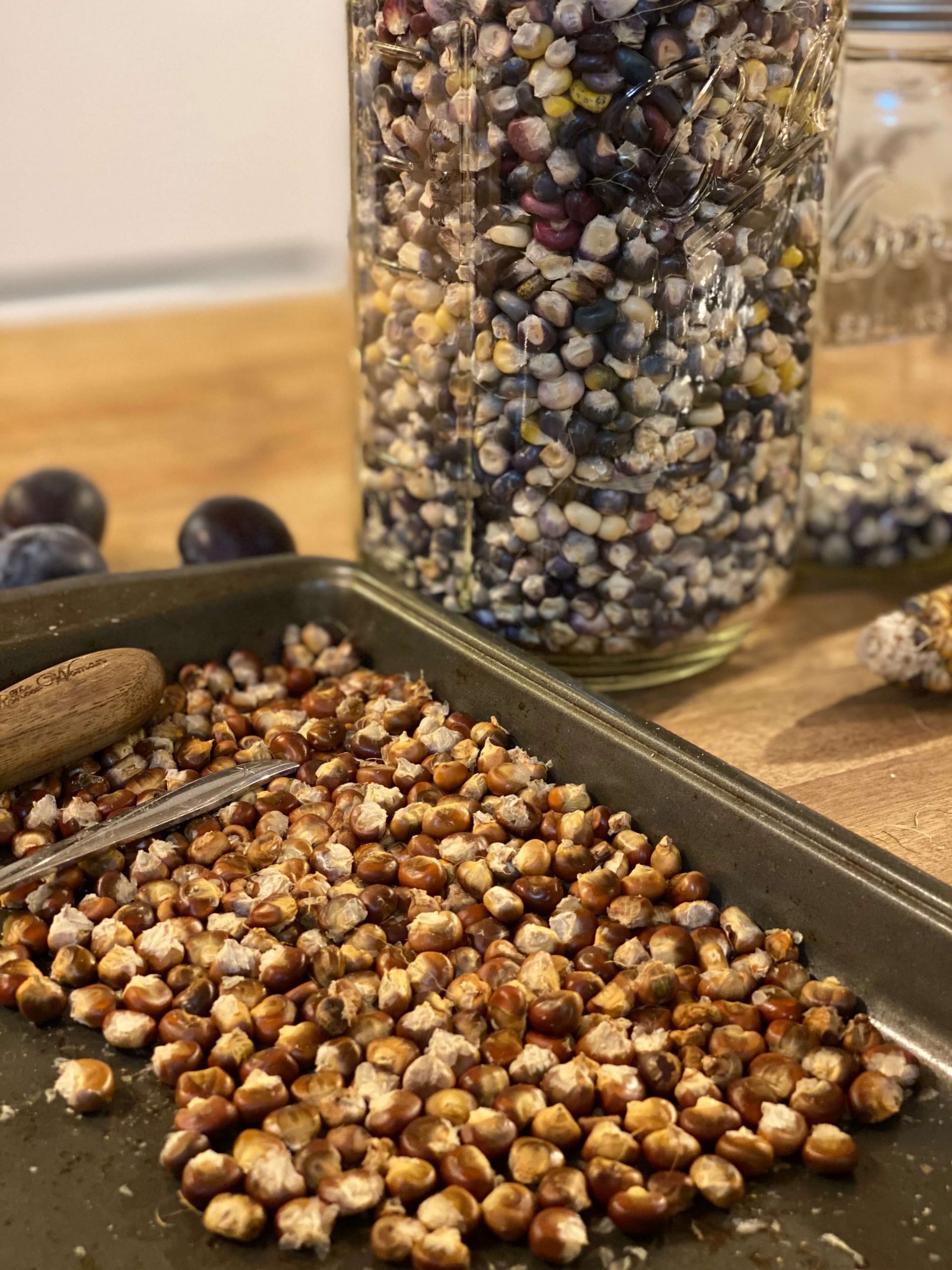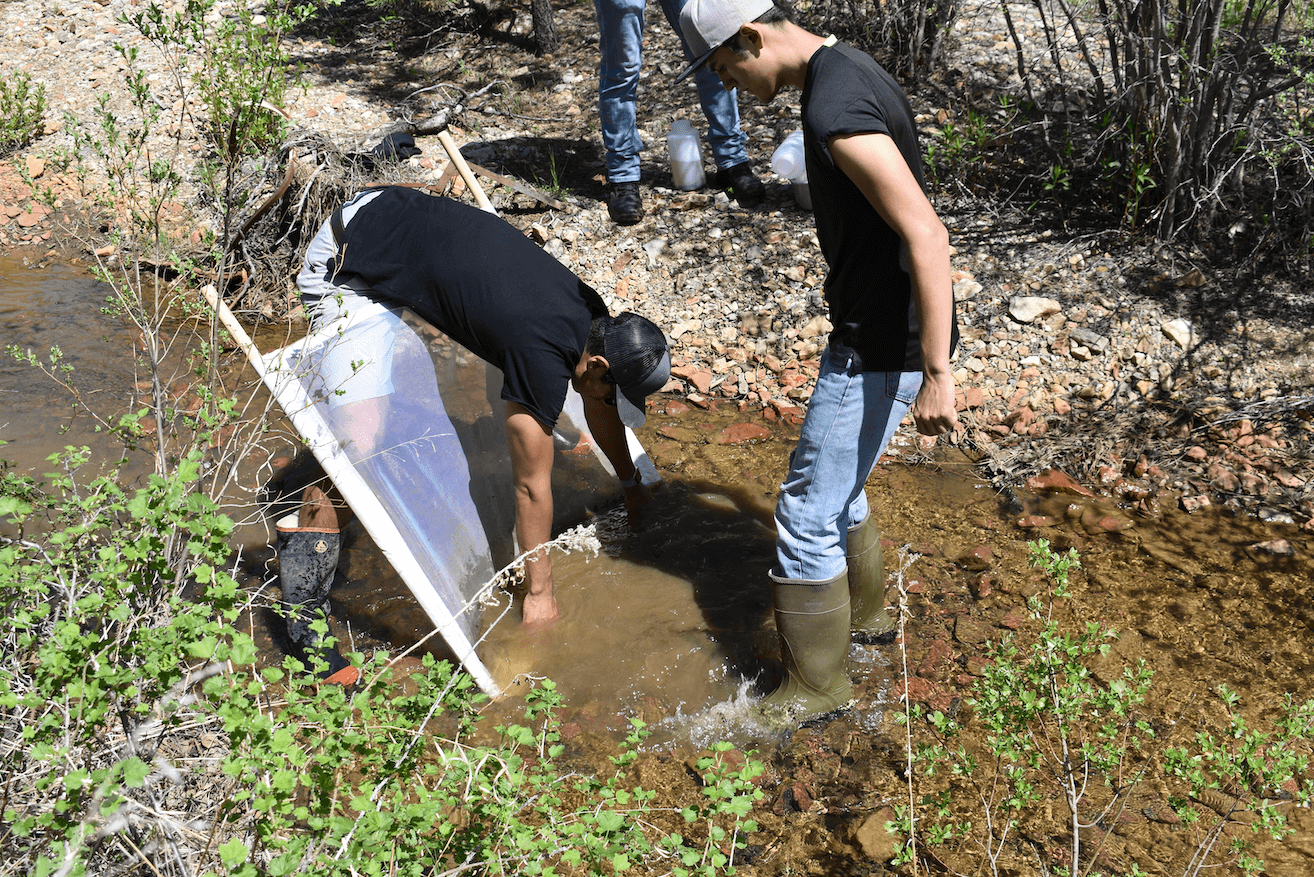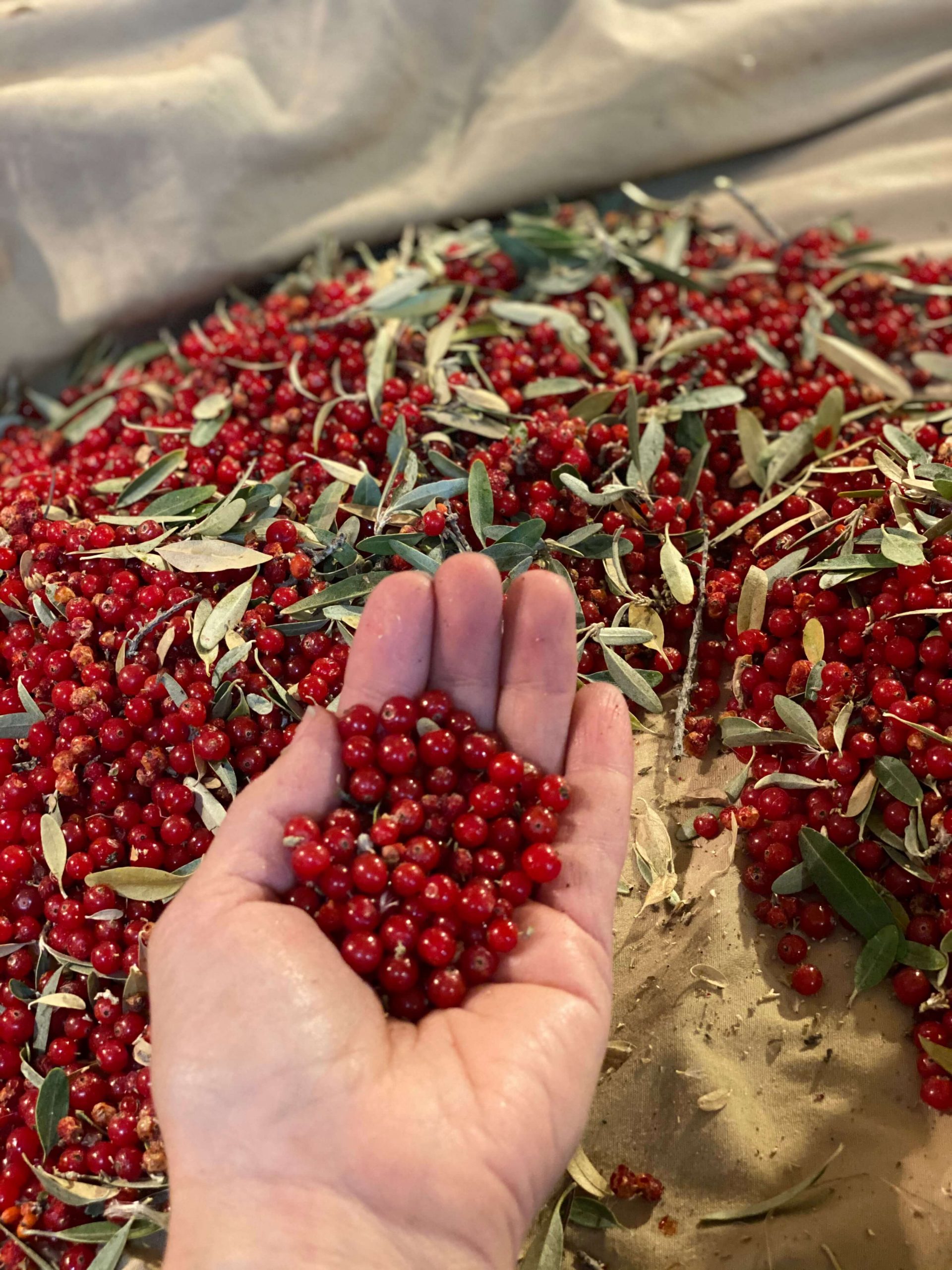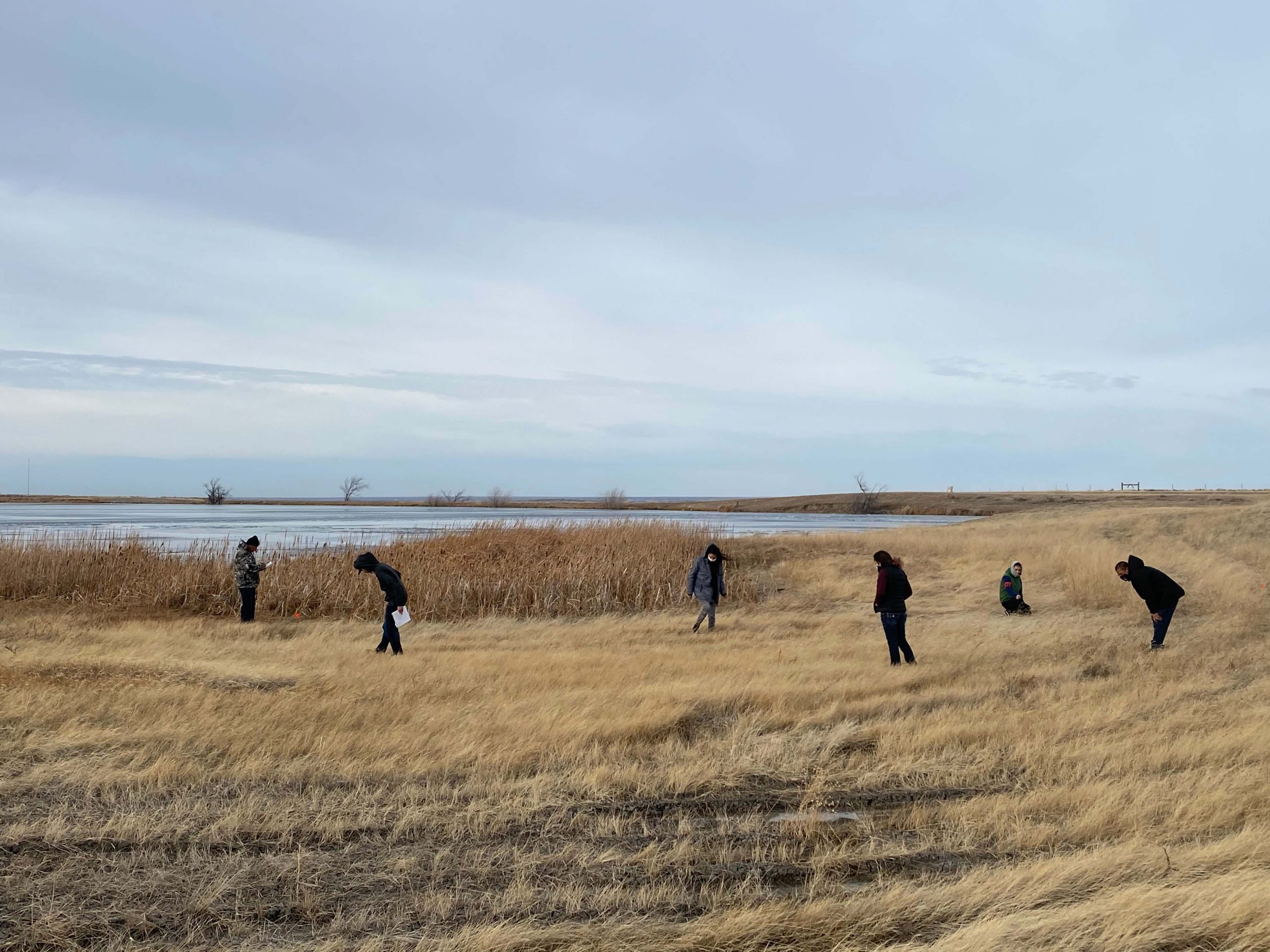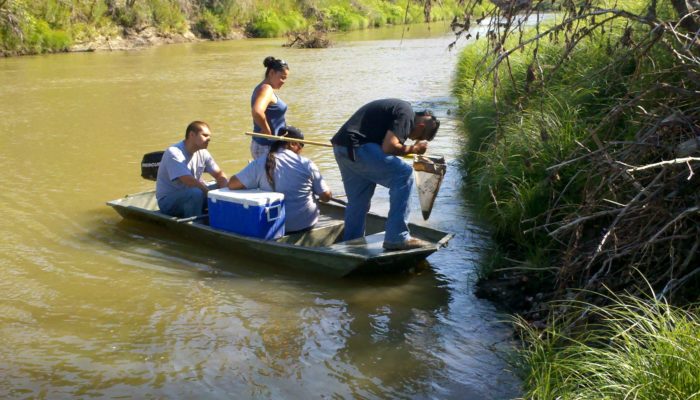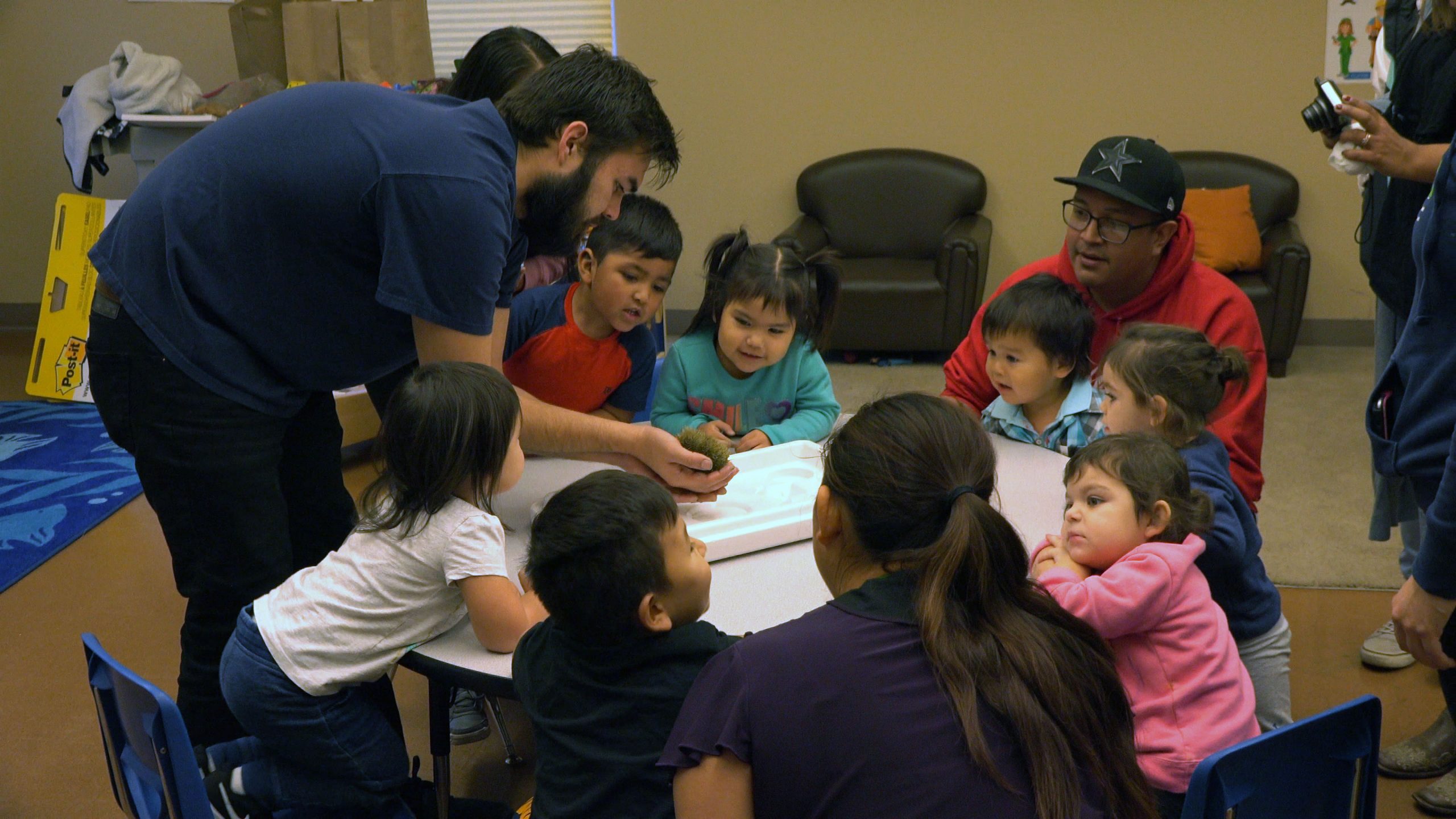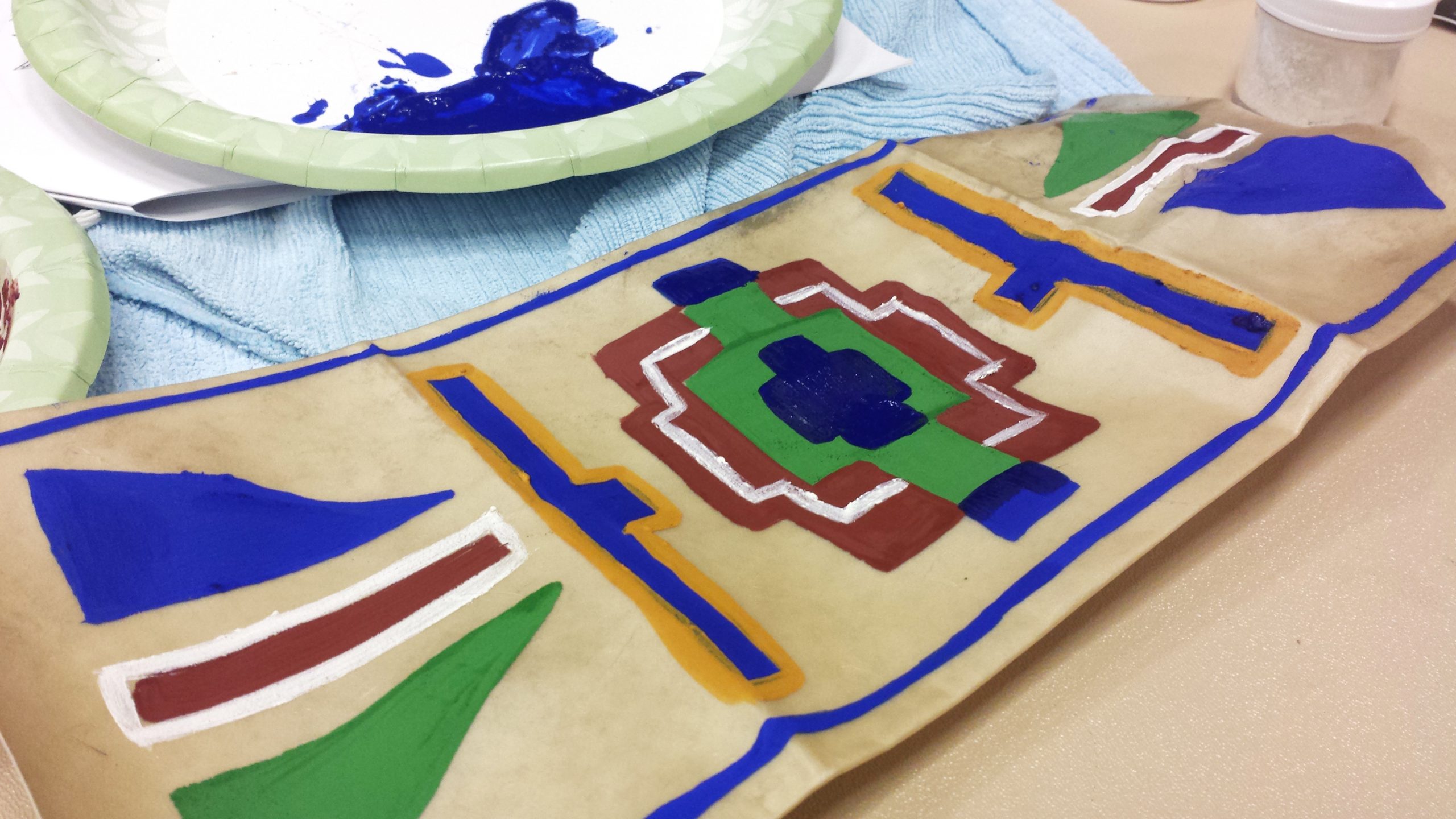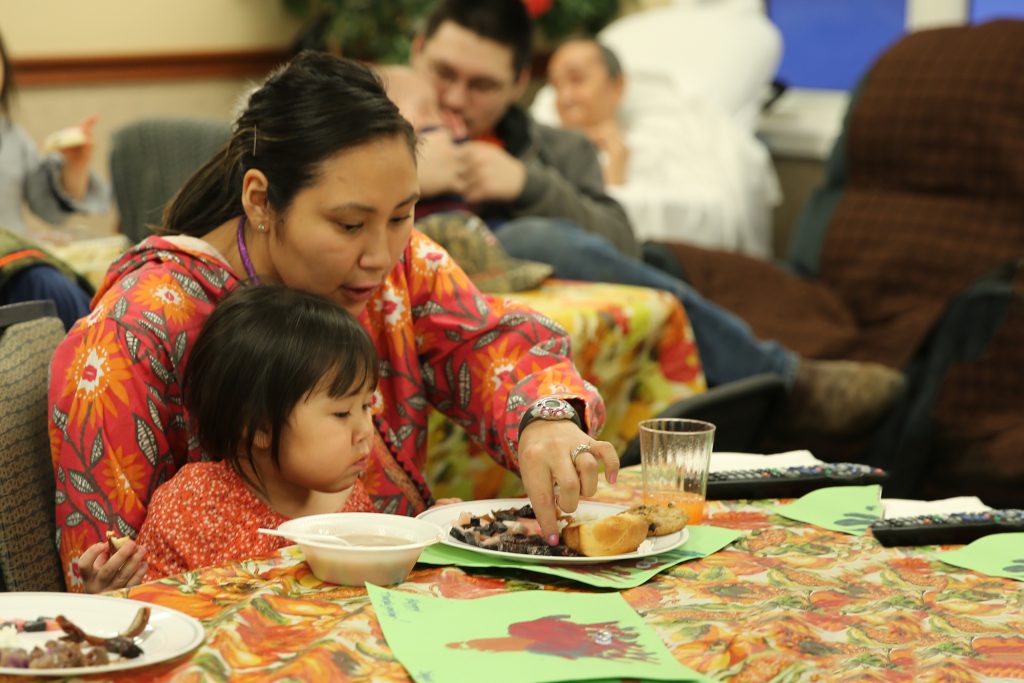Obdaya Opta Tate Kin Kah’boke
Winds Blowing Across the Prairie
2020 – 2023
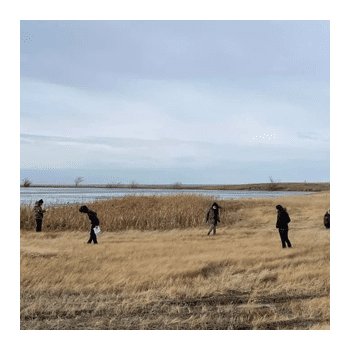
About The Program
The Obdaya opta tate kin kah’boke (Winds Blowing Across the Prairie) program at the American Indian College Fund (College Fund) provided the opportunity for TCUs to build institutional capacity; develop vocational and post-secondary education programming, community outreach, and extension; and develop strategic partnerships and place-based research and stewardship opportunities aimed at strengthening tribal nations, their homelands, and the Northern Great Plains (NGP) region. Through the integration of place-based and intergenerational knowledge into environmental and natural science programming, TCUs implemented projects addressing the specific needs of the NGP.
The NGP region is home to 10 eligible TCU grantees serving tribal nations that hold an estimated 11,250,000 acres of land. The NGP also contains the most intact portion of the Mississippi River watershed, the largest watershed in the United States. The Missouri River, which extends through the eligible granting regions of Montana, North Dakota, and South Dakota, contributes almost half of the water that flows into the Mississippi River and an estimated 50 percent of the silt that arrives in the Gulf of Mexico. Additionally, according to the World Wildlife Fund, the NGP are home to an estimated 1,600 plant species, 95 mammal species, 220 species of butterfly, and 200 bird species (World Wildlife Magazine, Summer 2016).
The program name, Obdaya opta tate kin kah’boke (Winds Blowing Across the Prairie), acknowledged the energy expended over years and generations, through seasons and over a vast landscape, and the resulting ways that wind, time, lands, waters, and people form and inform relationship and ultimately stewardship and care of place. It is with this mindset that the program intended TCUs to be “rejuvenated to develop individual and collective commitments and responsibilities to Tribal homelands” (Baird, 1996).
Threats within the NGP include habitat fragmentation due to land conversion for ranching and agriculture, biofuel crops, oil and gas development, and climate change. As a result of oil and gas development on or near tribal lands, tribal nations are faced with issues such as the development of man-camps that have been linked to the increase of human trafficking, Missing and Murdered Indigenous Women (MMIW), and the influx of the drug methamphetamine. While the development of man-camps and the influx of drugs are not environmental issues, these issues are directly tied to land appropriation and development issues for tribal nations.
Through the development of academic programming rooted in Indigenous identity structures, TCUs supported the abilities of tribal nations across the NGP to develop seven-generational planning strategies that lead to healthy, self-sufficient communities. TCUs provided students and members of tribal nations the opportunity to develop solutions to the challenges NGP tribal communities face. The Winds Blowing Across the Prairie program positioned TCUs to revitalize the responsivity of their programming to support students in becoming the next generation of environmental advocates, water protectors, land stewards, buffalo ranchers, and traditional food growers

Program Gallery
Grantees
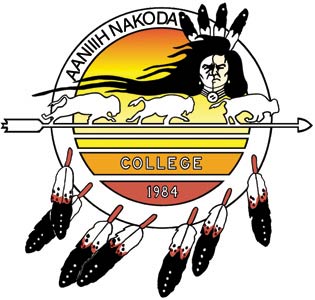
Aaniiih Nakoda College (Ft. Belknap)
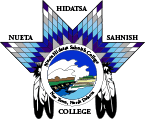
Nueta Hidatsa Sahnish College
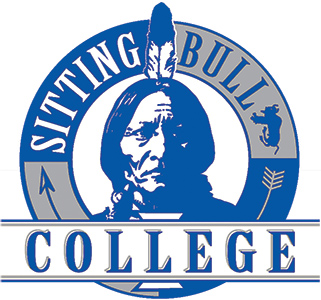
Sitting Bull College
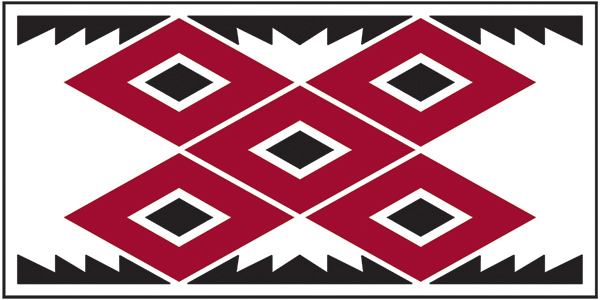
United Tribes Technical College
Related Blogs
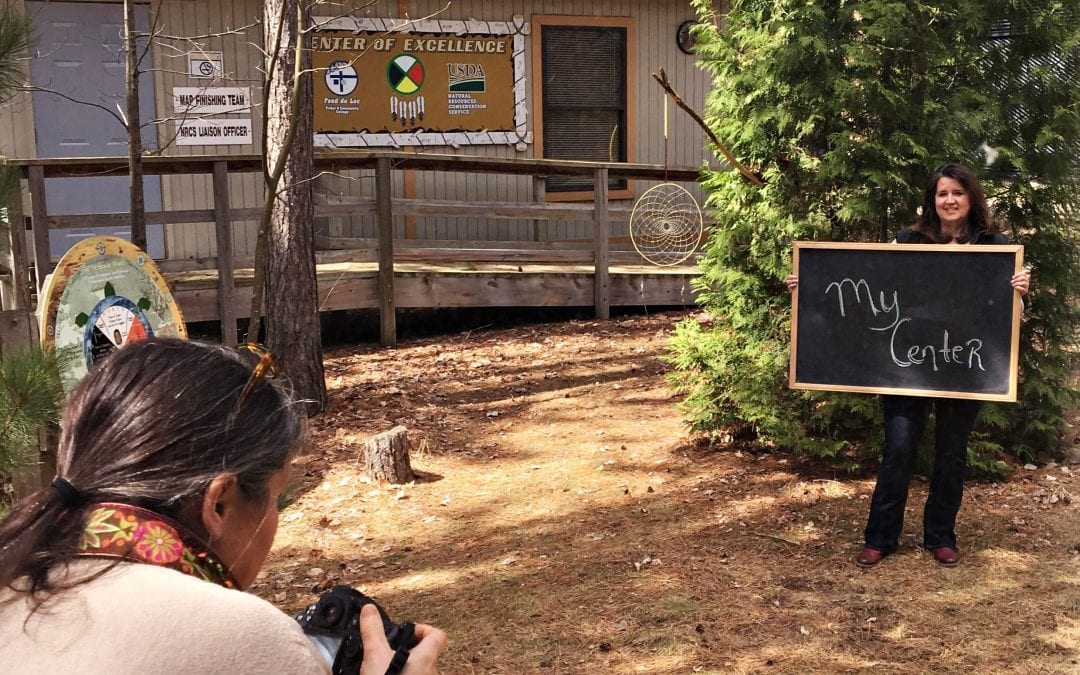
Honoring the Sacred
During this month dedicated to women, I want to acknowledge the importance of Native women who work in environmental spaces. It was primarily women who encouraged me to believe in my relationship with the earth and who acknowledge me as I am, which is to say a mixed-race queer.
College Fund Announces Environmental Program Awardees to Restore Native Knowledge for Healthy Earth
Groundwater contamination, erosion, lack of access to healthy foods, and poor air quality are just some of the environmental concerns facing American Indian communities across the United States. Yet indigenous people have long held specialized knowledge that can lead to unique solutions to these challenges.
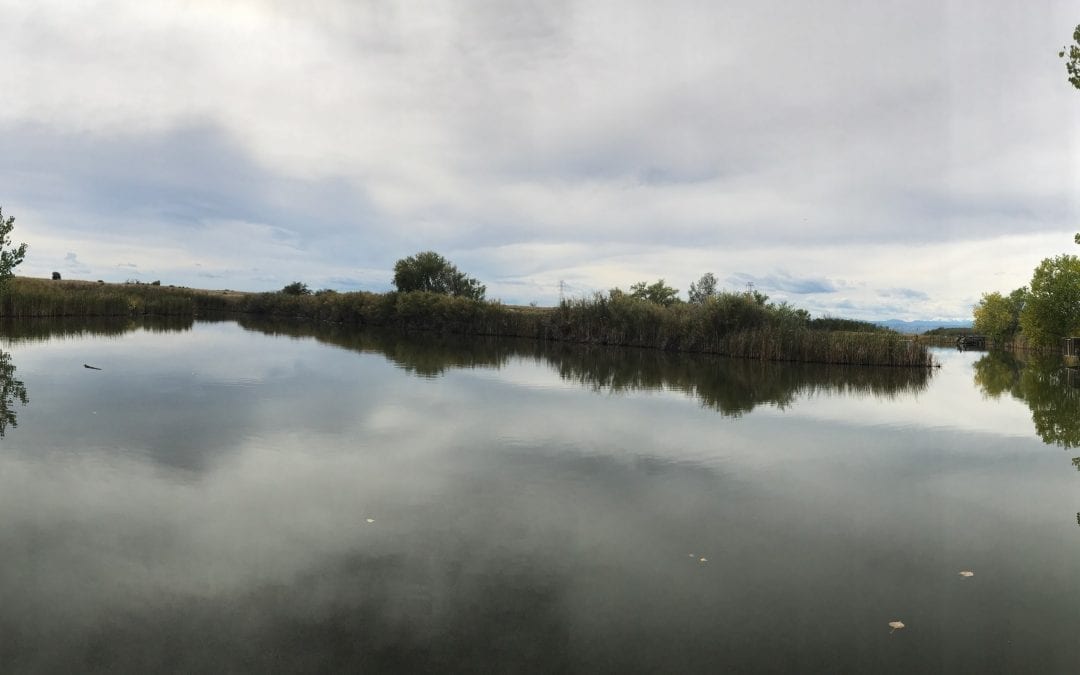
SEEDS- Environmental Stewardship is an Inherit Right, Responsibility
I recently wondered why being an environmentalist exists in a space we have to fight for, and why our individual and collective responsibility to uphold and respect relationships to place becomes the work of so few. Is it because we have partitioned our ways of thinking about relationships or is it because we are struggling to know that we are related?

Three-Year Environmental Design and Stewardship Program to Restore Native Knowledge for Healthy Earth
Groundwater contamination, erosion, lack of access to healthy foods, and poor air quality are just some of the environmental concerns facing American Indian communities across the United States. Yet indigenous people have long held specialized knowledge that can lead to unique solutions to these challenges.

